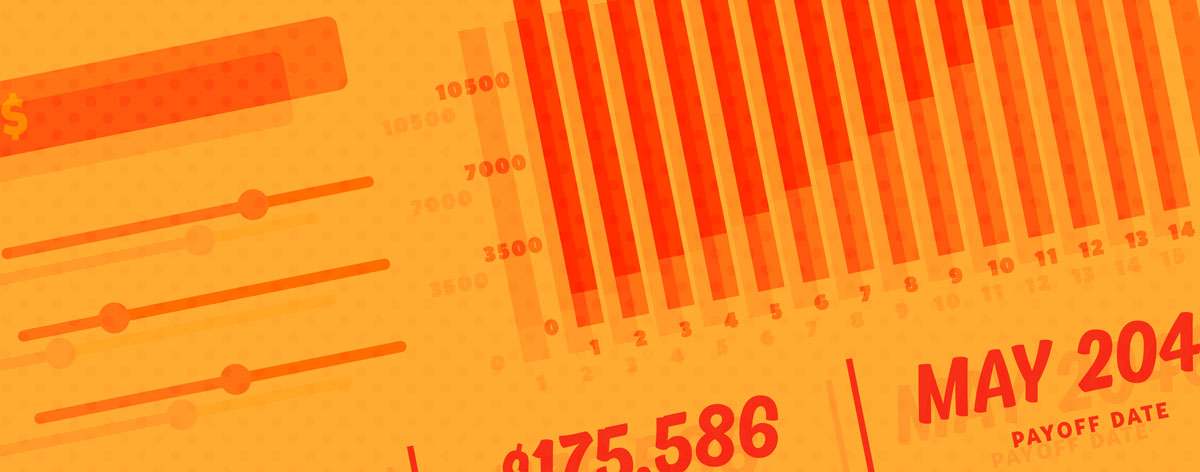

Reasons to Buy
Accomplishing a Goal
Many people consider owning their home to be a key part of the American dream, so much so that it’s often seen as an end in itself. Owning can help you feel grounded and part of a community. It can provide a sense of accomplishment and a place to build family traditions. You’ll also have more freedom to decorate or renovate as you please without rules from landlords (though you may still have an HOA that enforces certain restrictions).
Earning Equity
Earning equity is one of the most compelling financial reasons to buy. Equity is, essentially, the value you gain from the part of your home that you own. So, if you buy a $500,000 home and put $100,000 down, taking out a loan for the remaining $400,000, you have $100,000 in equity. Your equity can go up without you doing anything. Let’s say before you can even make a payment toward your home, there’s a big shift in the market and your $500,000 home is now worth $600,000. You just gained another $100,000 in equity since you still only owe $400,000 on your home. And while you make mortgage payments, the portion of your payment that goes toward paying down the principal increases your equity, increasing the financial boost from your home rather than going straight to a landlord where you’ll never see it again.
Investment Potential
A home is an investment, often the largest you’ll ever make. That means that while it has the potential to drop in value, it also has the potential to grow. If that happens, you’ll be able to sell your home for more than you bought it for.
Stable Payments
Another benefit is knowing that your payment is locked in for the life of your loan. Once you agree to your mortgage, your payments won’t change, unless you decide to refinance. Regardless of changes in the housing market, you’ll always know what your monthly payment is and won’t have to worry about your rent going up.
Deducting Interest on Your Taxes
You can also deduct paid home loan interest on your taxes. For mortgages taken out in 2026, you can deduct up to $750,000 in interest. You can also deduct up to $40,000 in property taxes you pay to state and local governments. Those deductions can significantly reduce your taxes, especially in the first few years when the bulk of your mortgage payments goes toward rinterest.
Potential for a HELOC or Home Equity Loan
As a homeowner, you may also be able to open a home equity line of credit (HELOC) or take out a home equity loan. With both of these options, you borrow against the part of your home that you own (your equity). You can use this money to finance home renovations or other purchases, though be aware these loans lower your equity in your home and can put your home at risk should you be unable to make repayments. These options generally have lower interest rates than personal loans, and you can often deduct the interest you pay on your taxes.
Reasons to Rent
More Freedom
Renting requires less commitment and gives you more freedom to relocate. If you think you may want to move to a new city in the near future, or simply enjoy changing your living situation frequently, renting makes this much easier to pull off. Once you’re in a home, you may be stuck with bad neighbors, an unforeseen frustration with the location, or a problem you didn’t realize the home had until it’s too late. And if you do want to try to sell because of this, the issue may make it hard to do so. If you discover one of these problems while renting, you’re free to leave as soon as your lease is up (and even earlier if it’s worth it to you to pay the penalties for breaking the lease).
Not Your Financial Responsibility
Renting lowers your responsibility in the property. Depending on the situation, you can often count on a landlord to shoulder much or all of the financial burden for upkeep or repairs. You also aren’t directly responsible for property taxes. Though, it’s important to note that the price of your rent may reflect all of these costs.
No Down Payment
Getting together a down payment and managing the expenses of a mortgage, taxes, insurance, and upkeep of a home may put a big strain on your budget. And having all your assets tied up in a home has serious drawbacks. Among other things, it may limit your ability to invest enough to meet the other goals that are important to you. Renting, on the other hand, can be a slightly smaller, more manageable cost.
No Risk of a Bad Investment
A home can also lose value, sometimes dramatically. If real estate prices drop and you need to sell, you may have to settle for a lower price than you'd like, or even less than you paid to buy the home. With renting, you won’t have to worry about these changes.
Making the Decision
At the end of the day, deciding if it’s better to rent or buy requires you to consider your top priorities. Both options have benefits and drawbacks. Regardless of your choice, both expenses will likely be a significant portion of your budget, so it’s important to choose carefully.
Neither Banzai nor its sponsoring partners make any warranties or representations as to the accuracy, applicability, completeness, or suitability for any particular purpose of the information contained herein. Banzai and its sponsoring partners expressly disclaim any liability arising from the use or misuse of these materials and, by visiting this site, you agree to release Banzai and its sponsoring partners from any such liability. Do not rely upon the information provided in this content when making decisions regarding financial or legal matters without first consulting with a qualified, licensed professional.
